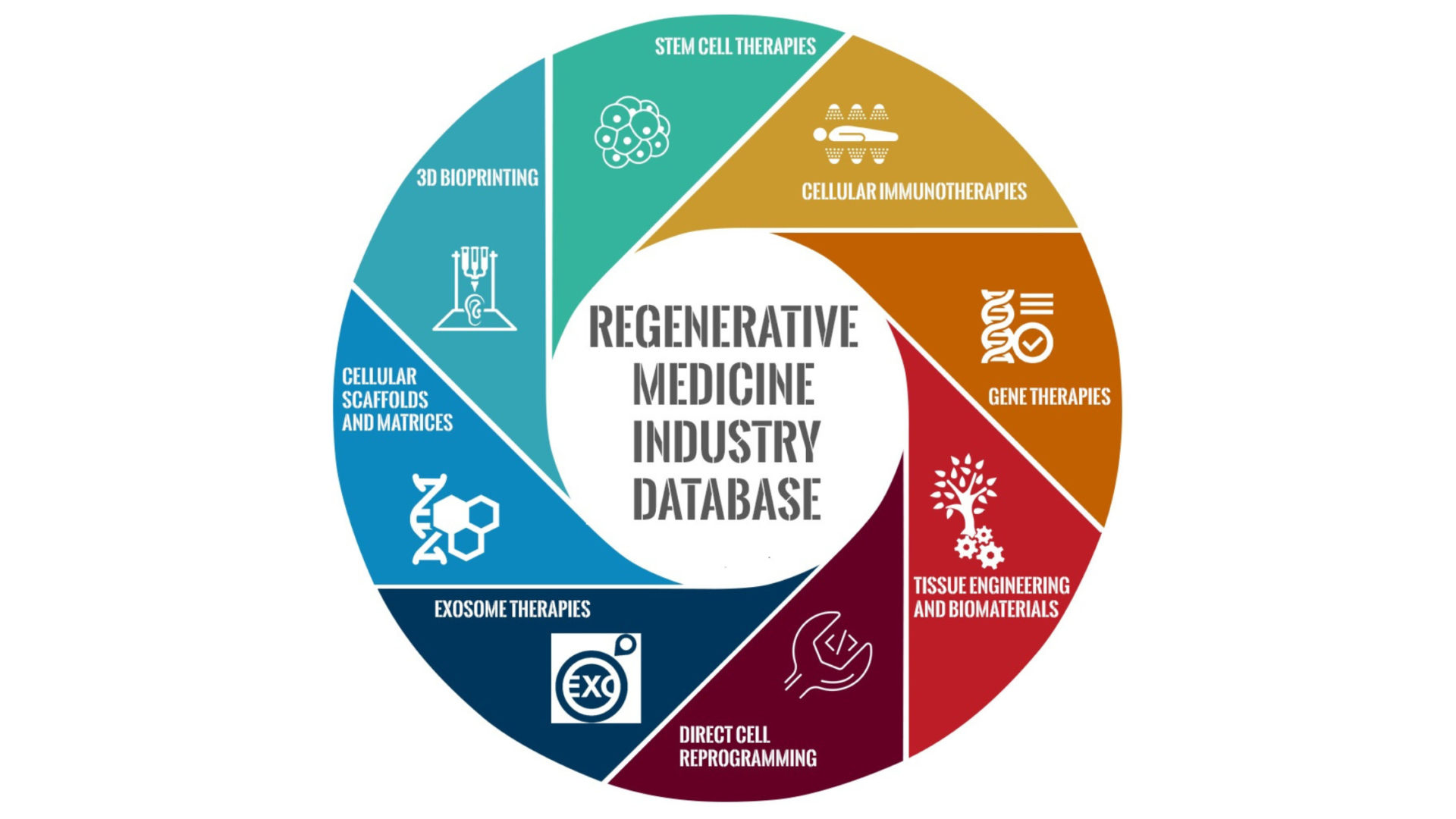|
|
The regenerative medicine industry is a high-value, fast-growth market. With two CAR-T approvals, as well as the first gene therapy and digital pill approvals in the United States, we have had a lot of FDA “firsts.” The market gathered momentum when the Swiss pharmaceutical giant Novartis made history as the first company to win FDA approval for a CAR-T cell therapy in the U.S. in August 2017 (Kymriah). In October 2017, Kite Pharma became the second company to get FDA approval of a CAR-T cell therapy (Yescarta), further “snowballing” the effect.
With swelling momentum to support the CAR-T technology, there are now close to 40 companies developing redirected T cells or NK cells for therapeutic use.
On November 13, 2017, the FDA also approved Abilify MyCite as the world’s first “digital pill.” With 7 out of 10 Americas taking at least one prescription drug, approval of the antipsychotic medication represents a breakthrough in digital medicine. Made by Japan-based Otsuka Pharmaceutical, the tablet works by containing a sensor to track when and if patients take their medication.
On December 19th, 2017, the FDA approved Spark Therapeutics’ Luxturna, a novel gene therapy to treat patients with an inherited form of vision loss. The treatment is now priced at $425,000 per eye or $850,000 for both.
In addition to product approvals, there are now accelerated pathways for advanced therapy medicinal products (ATMPs) in several countries worldwide, including the U.S., Japan, and South Korea. Legislation took effect in Japan in late 2014, in South Korea in 2016, and in the United States in 2017. Additionally, the EU has a program for product acceleration – the Adaptive Pathways. Although it is not explicitly for cell and gene therapies, it has been given a lot of attention by the group.
In the U.S., the 21st Century Cures Act (signed into law on December 13, 2016) is designed to accelerate regenerative medicine developments and bring new innovations to market. In late 2014, Japan passed two new laws that revolutionized the commercialization of cell therapies within the country, the Act on the Safety of Regenerative Medicine (Law No. 85/2013) and the Pharmaceuticals and Medical Device (PMD) Act (Law No. 84/2013).
These historic events demonstrate to investors, the public, and funding providers alike that regenerative medicine is a sector that has emerged, no longer one that is evolving in the future.
To understand and define the players involved within this growing global market, BioInformant launched the “Global Regenerative Medicine Industry Database – Featuring 1,350 Companies Worldwide.” It was originally developed in-house for our own purposes, but we have had more and more clients requesting access to it which is why we have made it publicly available.




















Tell Us What You Think!